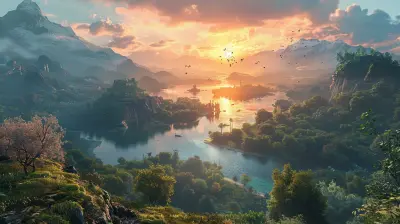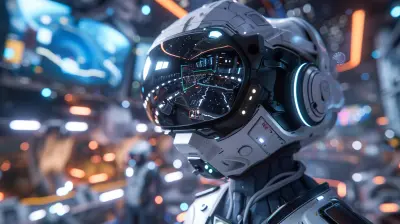Why Factions are Essential to Worldbuilding
21 October 2025
Let’s not beat around the dragon’s lair here—strong worldbuilding makes or breaks a game. Whether you're diving headfirst into an open-world RPG or plotting your next hit indie title, worldbuilding is what turns pixels and polygons into living, breathing universes. But you know what’s the secret sauce most devs and writers overlook? Factions.
Yep. Factions are like the unsung heroes of worldbuilding. They’re the spice in your fantasy curry, the unexpected subplot that adds layers, the geeky cousin at the party who knows way too much about medieval economics—but suddenly makes your whole campaign 10 times cooler.
So, why exactly are factions so essential to worldbuilding? Buckle in, fellow lore-junkies. We’re going deep.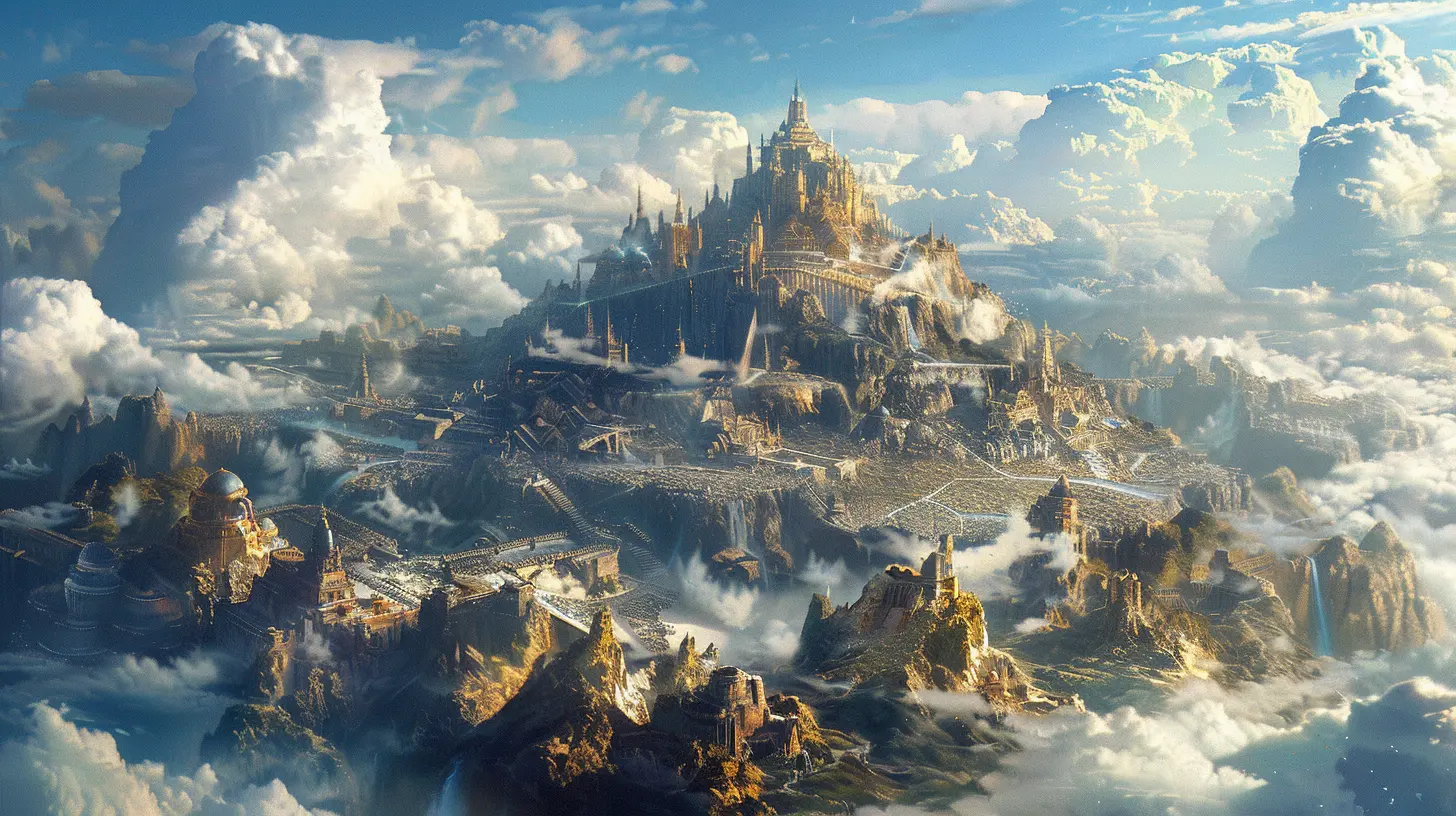
What Are Factions, Anyway?
Let’s define our terms real quick. We’re not talking about political parties or outdated guilds that no one ever joins in MMOs (ahem, looking at you, generic "Thieves’ Guild"). Factions in games are distinct groups with their own goals, beliefs, personalities, and ways of doing things.Think of the Brotherhood of Steel in Fallout, or the Chantry in Dragon Age, or even Team Rocket in Pokémon (yep, even those goofballs count). Whether they’re super serious or totally bonkers, well-designed factions give your world texture.
And texture = immersion.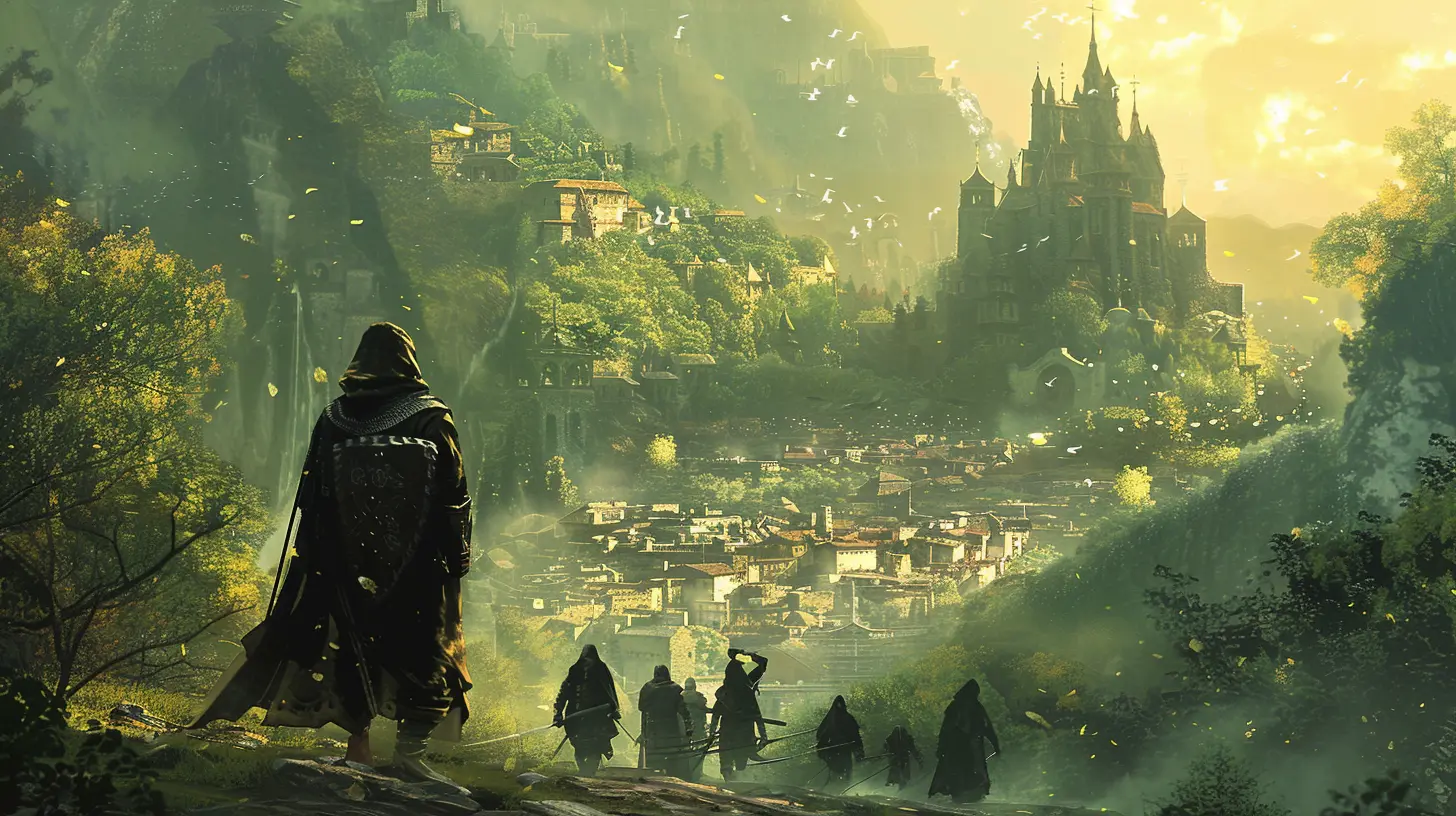
They Build Conflict (And Conflict = FUN)
Picture a world where everyone agrees and gets along.Boring, right?
Conflict is the lifeblood of storytelling. Factions naturally create conflict because—surprise—not everyone wants the same thing. Maybe one group thinks magic should be regulated. Another believes it should be free and wild. You, the player, are stuck right in the middle of it, forced to choose, betray, or mediate.
That’s not just engaging. That’s juicy. It drips drama.
Factions give your world organic reasons for tension, quests, betrayals, alliances, and wars. And when players pick sides, they become invested. They’re no longer just solving fetch quests—they’re living in your world.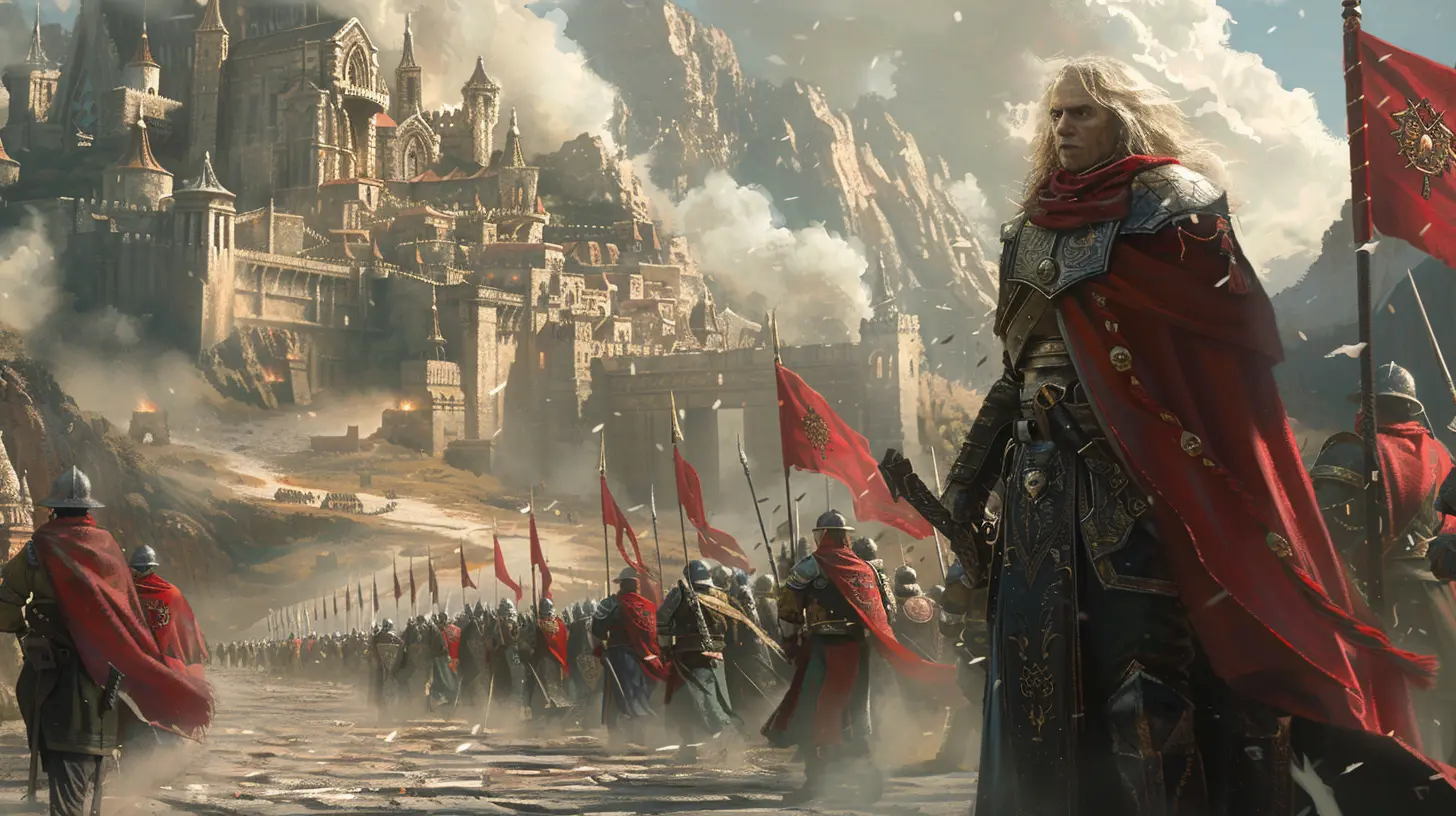
They Add Layers to Your World
Imagine your world as a lasagna. A good lasagna isn’t just pasta and cheese. It’s got sauce, seasoning, surprise meatballs in the middle. Factions are those unexpected layers.Each one reveals different aspects of your setting. One may worship forgotten gods, another may hoard ancient tech, while a third just wants to trade banana peels for gunpowder. Every group sees the world through a different lens, and that lets you show off how deep your lore goes without dumping exposition on the player’s head.
Instead of telling players, “Hey, in this kingdom, knowledge is power,” you show it through a faction of book-hoarding wizards who won't even let someone read a menu without a permit.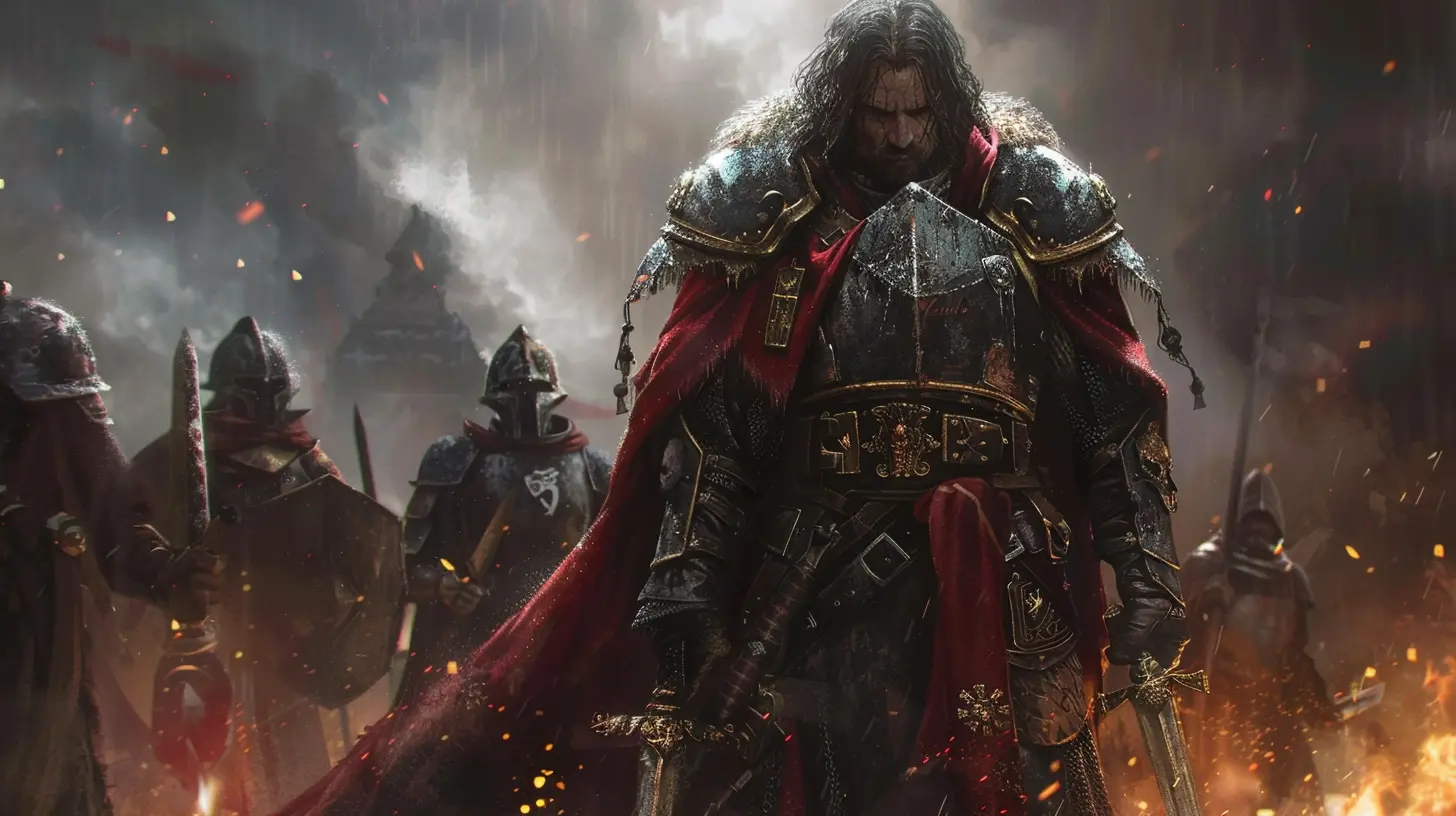
They Give Players Meaningful Choices
Let’s talk agency. Players love feeling like their choices matter. Factions allow you to serve up decision-making on a silver platter.Do you stay loyal to the rebel insurgents, or do you secretly feed intel to the oppressive regime to save your village? Do you side with the eco-friendly druids or the tech-loving engineers? Or do you play both sides like a morally flexible raccoon in a trench coat?
The point is—factions make morality, loyalty, and consequences part of the core gameplay. And when the choices are tough, that’s when players really remember them.
They Make the World Feel Alive
Ever wander into a town in a game and think, “Is this place just here for me?” NPCs standing around like meat puppets, waiting to sell you potions.Not great.
Now imagine entering a city divided between two factions—a merchant’s guild that controls the port and a worker’s union fighting for fair wages. Suddenly, the streets are alive with protests, bribes, secret meetings, and shifting allegiances.
Factions create dynamic environments where things happen even when the player isn’t around. That’s how a game world feels like it’s living independently of the player.
And when the player does get involved? Oh boy. The ripple effects hit hard.
They Encourage Replayability
You know what keeps players coming back for more? Multiple factions.Pick faction A in your first playthrough, B in your second, and maybe go rogue in your third—the story evolves each time, showing players new sides of the same world.
Games like The Elder Scrolls V: Skyrim and Mass Effect absolutely thrive on this. You can’t experience everything in one go, and that’s kinda the point. Each faction-led path unlocks unique content, characters, and consequences.
And from a dev perspective? That’s a brilliant way to stretch your content and deepen engagement without needing to build a whole new world.
They Reflect Real-World Complexity
Let’s get meta for a sec.Life isn’t black and white. People are messy. Motivations are layered. Factions let you show that complexity in digestible, story-driven chunks.
Maybe the faction that looks evil at first glance actually has good reasons. Maybe the so-called heroes are hiding a dark secret. These shades of gray invite thought, discussion, and emotion—and that’s what turns a “good game” into a “legendary one.”
Not to mention, players start seeing reflections of real-world issues: power struggles, cultural clashes, ideology wars. It’s storytelling with substance.
They Fuel Side Quests (A Worldbuilder’s Best Friend)
Side quests are the breadcrumbs that lead players off the beaten path—and factions are the ones dropping those crumbs.A faction might have its own questline, complete with branching paths, cool artifacts, and internal politics. Maybe there’s a power struggle within the faction itself. Maybe some members are secretly plotting an overthrow. Intrigue, drama, spies—it’s basically a soap opera with swords.
Without factions, side quests risk becoming generic. With them, they become rich, colorful detours that inform the main story and deepen the setting.
They’re a Sandbox for Storytelling
For all the budding writers and game designers out there—factions are your ultimate storytelling sandbox.Want to explore themes of loyalty? Betrayal? Identity? Tradition vs. progress? Factions give you characters and scenarios that let you deep-dive into these ideas.
Create a radical splinter group that broke off from a peaceful faction. Design a hidden faction pulling strings from the shadows. Build generational rivalries, ancient hatreds, surprise alliances.
It’s like LEGO for lore nerds. And yes, we’re all proud lore nerds here.
They’re Easy to Meme (And That Matters, Okay?)
Let’s not ignore the internet.Gamers love to rep their factions. Whether it’s in memes, fan shirts, Reddit debates, or cosplay, having iconic, quotable factions can turn your game into a cultural touchstone.
Who hasn’t screamed “FOR THE HORDE!” at some point?
Give your factions personality. Give them flair. Let them be quirky, noble, unhinged, or all three. The more distinct they are, the more fans will latch onto them—and spread the hype for you.
Common Mistakes to Avoid
Before we wrap, let’s touch on a few traps worldbuilders fall into when creating factions:- Too Similar: If all your factions feel like palette swaps, no one will care. Make them drastically different in vibe, values, and goals.
- No Stakes: If joining a faction doesn’t change the world or affect gameplay, it feels hollow. Decisions need weight.
- Too Many, Too Fast: Don’t dump 12 factions on the player at once. Introduce them gradually for better world absorption.
- Lack of Evolution: Let your factions change over time. Let them win or lose wars, shift leadership, or collapse entirely.
Remember: factions are living things. Treat them like characters, not bullet points.
Final Thoughts
Factions aren’t just a background detail—they’re the beating heart of immersive worldbuilding. They fuel conflict, create depth, spark player decisions, and make your world feel like it exists beyond the player’s line of sight.Whether you’re slapping together a fantasy kingdom, crafting a intergalactic sci-fi warzone, or even dreaming up a post-apocalyptic noodle cartel (which—let’s be honest—sounds awesome), factions are your best friends.
So next time you're building a world, ask: who’s fighting for what, and why?
Give us groups to love, fear, join, or betray—because that’s what creates stories players will never forget.
all images in this post were generated using AI tools
Category:
Rpg GamesAuthor:

Leif Coleman
Discussion
rate this article
1 comments
Darrow McQuade
Absolutely love this take! Factions add depth and drama to worlds, turning simple landscapes into epic battlegrounds. Keep up the fantastic insights—your passion shines through!
October 22, 2025 at 4:11 PM

Leif Coleman
Thank you so much! I’m glad you enjoyed the piece—factions truly do elevate worldbuilding in incredible ways!
